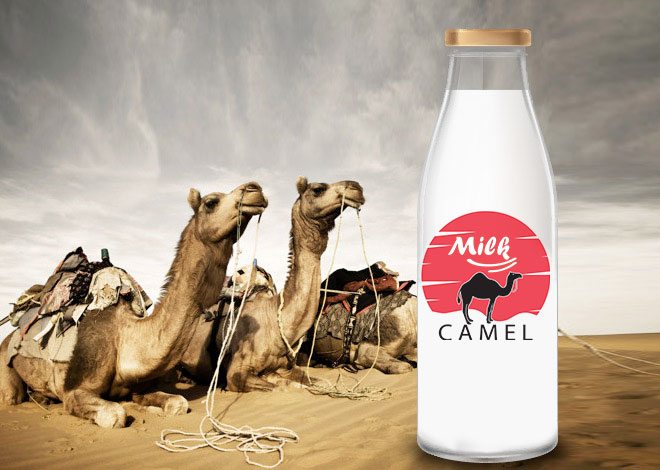Menu
The intersection of alternative medicine and cancer treatment often gives rise to unconventional remedies, and camel milk has emerged as one such purported treatment. Advocates claim that camel milk possesses anti-cancer properties, leading to speculation about its efficacy in cancer prevention and treatment. However, amidst the allure of natural remedies, it’s crucial to critically evaluate the scientific evidence and separate fact from fiction regarding camel milk’s role in cancer management.
Understanding Camel Milk Composition: Camel milk’s unique composition includes a diverse array of nutrients, immune factors, and bioactive compounds, which proponents suggest may confer anti-cancer benefits. These include high levels of vitamin C, zinc, lactoferrin, lysozyme, and immunoglobulins, along with peptides with potential immunomodulatory and anti-inflammatory properties. While these components hold promise for health promotion, their specific effects on cancer development and progression remain a subject of scientific inquiry.
Anticancer Mechanisms Proposed for Camel Milk: Advocates of camel milk as a cancer remedy propose several mechanisms through which it may exert anti-cancer effects:
1.Immunomodulation: Camel milk contains immunomodulatory compounds that could enhance the body’s immune response against cancer cells, potentially aiding in tumor surveillance and elimination.
2.Antioxidant Activity: The presence of antioxidants in camel milk, such as vitamin C and zinc, may help neutralize free radicals and reduce oxidative stress, which is implicated in cancer development.
3.Anti-inflammatory Effects: Certain peptides found in camel milk exhibit anti-inflammatory properties, which could mitigate chronic inflammation, a hallmark of cancer progression.
4.Anti-proliferative Properties: Some studies suggest that camel milk components may inhibit cancer cell proliferation and induce apoptosis (programmed cell death), thereby impeding tumor growth and metastasis.
Scientific Evidence and Research Findings: Despite the intriguing theoretical basis for camel milk’s anti-cancer properties, robust clinical evidence supporting its efficacy in cancer prevention or treatment is currently lacking. Existing research primarily consists of in vitro studies and animal experiments, which provide preliminary insights but cannot directly translate to human outcomes. While some studies have reported promising results, such as the inhibition of cancer cell proliferation or enhancement of chemotherapy effectiveness in animal models, these findings have yet to be validated in well-designed human trials.
Challenges and Ethical Considerations: Several challenges complicate the evaluation of camel milk as a cancer therapy:
1.Lack of Clinical Evidence: The scarcity of high-quality clinical trials investigating camel milk’s effects on cancer limits our understanding of its safety, efficacy, and optimal dosage regimens.
2.Variability in Composition: Camel milk composition can vary based on factors such as breed, diet, and processing methods, posing challenges for standardization and reproducibility in research studies.
3.Ethical Concerns: Promoting camel milk as a cancer remedy without robust evidence may give false hope to patients and divert attention from established, evidence-based treatments, potentially delaying timely interventions and compromising patient outcomes.
In conclusion, while camel milk holds promise as a potential adjunctive therapy for cancer based on its immunomodulatory, antioxidant, and anti-inflammatory properties, conclusive evidence supporting its efficacy is currently lacking. Further research, including well-designed clinical trials involving human participants, is needed to elucidate camel milk’s role in cancer prevention and treatment accurately. Until such evidence emerges, patients and healthcare providers should approach claims regarding camel milk and cancer with caution, prioritizing evidence-based approaches and emphasizing the importance of proven treatments in cancer care.

We take pride in offering you the finest camel milk sourced directly from the heart of Qatar. Our commitment to quality, sustainability, and ethical production practices ensures that every drop of camel milk you enjoy is of the highest standard.
